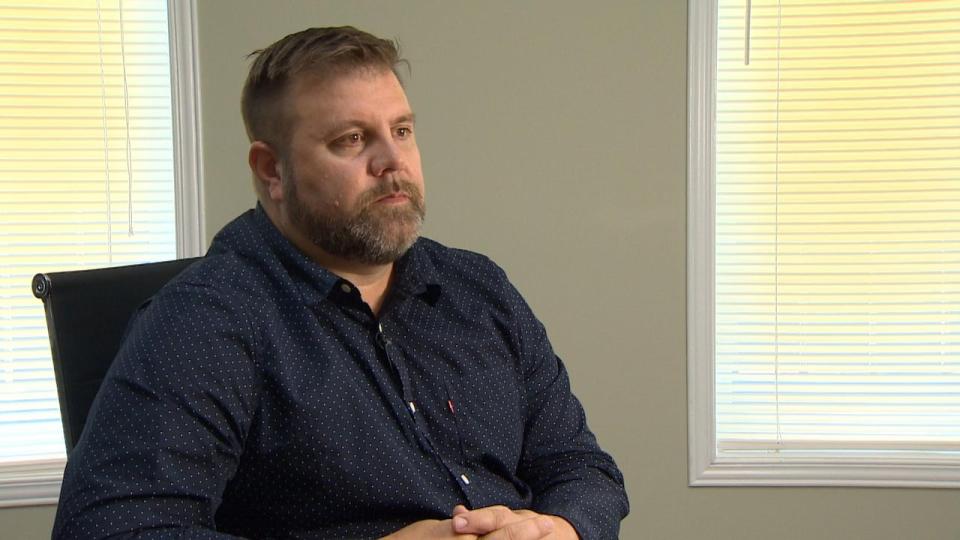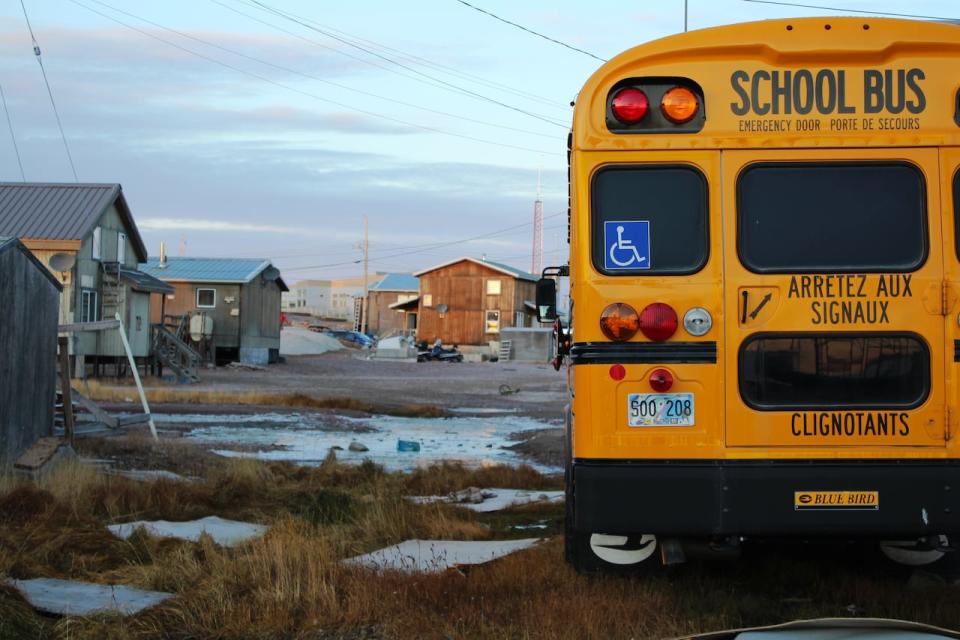Nunavut has 81 open teacher positions as students head back to class

There are about 81 open teacher positions in Nunavut, according to Education Minister Pamela Gross.
Overall, there are 877 Nunavut Teachers Association positions in the territory for the 2023-2024 school year, an increase from 853 positions in 2022-2023.
The 9 per cent vacancy rate breaks down to 36 open positions in the Qikiqtani region, 23 open positions in the Kivalliq region and 22 open positions in the Kitikmeot region.
Nunavut Teachers' Association President Justin Matchett says he's happy that the vacancy rate is lower than last year, but the shortage could still cause strain on schools.
"If all those vacancies are, say, located in the one region of Nunavut then we're going to have schools that are particularly understaffed," he said. "We're going to hear from those teachers especially who are going to be overworked."

Nunavut Teachers' Association President Justin Matchett says he is pleased the teacher vacancy rate is lower than last year, but the vacancies could still cause strain on schools. (Carl Cardinal/CBC News)
Gross acknowledged difficulties with teacher recruitment, including a national teacher shortage. Despite this, she said she believes the territorial government is doing well.
"I'm so pleased that the Government of Nunavut has a lot of recruitment plans in place in terms of securing teachers from across Canada," she said. "But we have a great program within our territory offered through Nunavut Arctic College and there are teachers coming out of that program yearly."
Some schools starting full-day kindergarten pilot
Meanwhile, students at five schools across Nunavut are starting full-day kindergarten as part of a pilot program.
That includes Nanook School in Apex, Victor Sammurtok School in Chesterfield Inlet, Qaqqalik School in Kimmirut, Jimmy Hikok Ilihakvik in Kugluktuk and Inuglak School in Whale Cove.
"I think the more instructional time in the classroom is always really beneficial for students," said Gross. "Giving [them] the chance to be immersed with peers and learn routine, and be amongst people your own age for a full day will really have a lot of impacts and benefits to the students."
The schools were chosen based on the amount of capital renovations each would need to support the program and represent each region, according to a May press release announcing the project.

While some Nunavut students are back in class, others will return to classrooms after Labour Day. (John Last/CBC)
If the program goes well, Gross said she expects it to be expanded across the territory. She said she doesn't think it will be challenging to fill those positions if that happens, citing the Nunavut Teacher Education Program offered at the Nunavut Arctic College
Matchett, however, wasn't so sure. Teacher recruitment is a long-standing issue in Nunavut, he said, and is a growing concern in all of Canada.
"When we're talking about adding new positions, we're always hopeful and that is going to benefit our students and our staff," he said. "But it is a concern about how we're going to hire those positions and what plan is in place for that."
The project will allow the government to better understand the departmental resources needed to support the program, learn how the program stands up to real-life scenarios, and make improvements to it prior to full roll out, according to the release.
Longer term, the education department plans to examine the impact of the program on Inuktut language acquisition and early years language learning.
The success of the program will be measured through feedback from families and educators.


